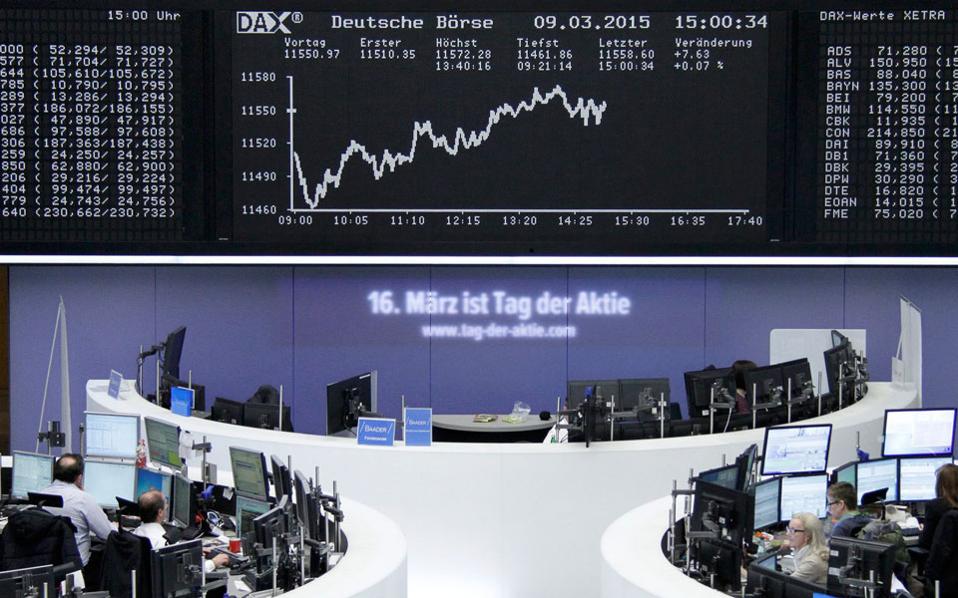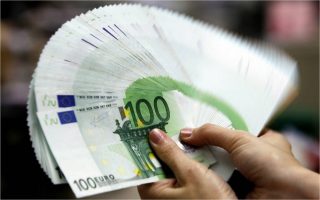Greek deal skepticism has bond market showing lack of conviction

After Greece’s six-month marathon of talks with creditors culminated in an agreement on the aid it needs to stay in the euro, bond markets are underwhelmed. And it looks like they’re staying that way until investors see evidence the deal will actually succeed.
Euro-area bonds have struggled to find strong direction since the accord for Greece’s third bailout was disclosed two days ago. While traders’ initial reaction seemed to be relief, which pushed up bonds of the region’s nations with higher debts and deficits, those gains proved fleeting.
“It didn’t take long for markets to realize this was not the final deal and Grexit was not completely off the table,” said Marius Daheim, a senior rates strategist at SEB AB in Frankfurt. “It is essentially a political market which we are trading here, so we can’t come up with valid assumptions. People now only take small positions and try to follow the headlines.”
Sustained bond market moves have remained elusive. Spain’s 10-year yield moved in a range of 17 basis points, or 0.17 percentage point, the day the deal was disclosed, only to close with the smallest drop in almost three weeks. Tuesday’s intraday swing was five basis points, the least in six weeks.
While Italian 10-year government securities ended Tuesday higher, they swung between gains and losses during most of the day. Both peripheral bond yields fell less than one basis point on Wednesday as of 7:57 a.m. in London.
The path for Greece is still fraught with challenges even after Prime Minister Alexis Tsipras’s capitulation. First he must secure backing for a bill to parliament containing measures that go against his own party’s election pledges. Even with support from the opposition, his government may struggle to implement cuts after this month’s referendum, where the public voted overwhelmingly against further austerity.
The risk of the deal falling apart and Greece leaving the currency bloc is more than 50 percent, which may lead to a selloff in peripheral bonds such as Italy’s and Spain’s, and the buying of German bunds, Daheim said.
European Union finance ministers meanwhile still must find ways to provide temporary, or bridge, financing to allow Greece to meet debt payments in July, including about 3.5 billion euros ($3.85 billion) of redemptions to the European Central Bank.
The reaction to Greece’s deal has “hardly been euphoric or strongly risk-on,” said Robin Marshall, director of fixed income at Smith & Williamson Investment Management in London, which oversees around $25 billion. “The main thing at the moment is now the focus on implementation risk, that is actually getting this deal done in Greece. We still don’t have clarity on the bridge financing either. That creates uncertainty until it is resolved.”
[Bloomberg]





